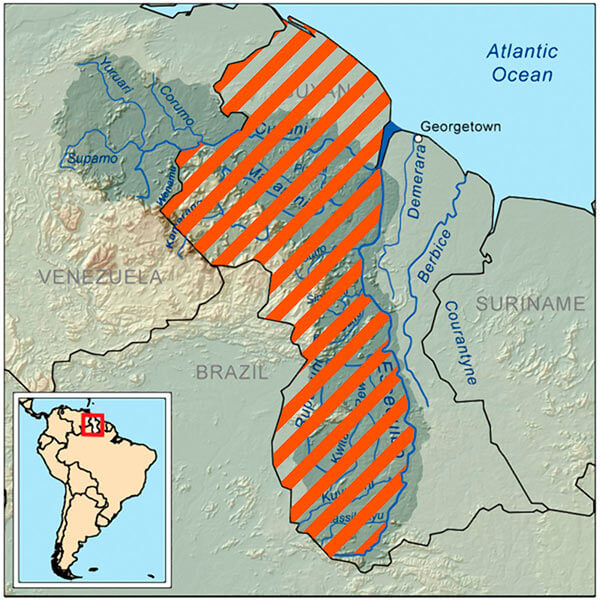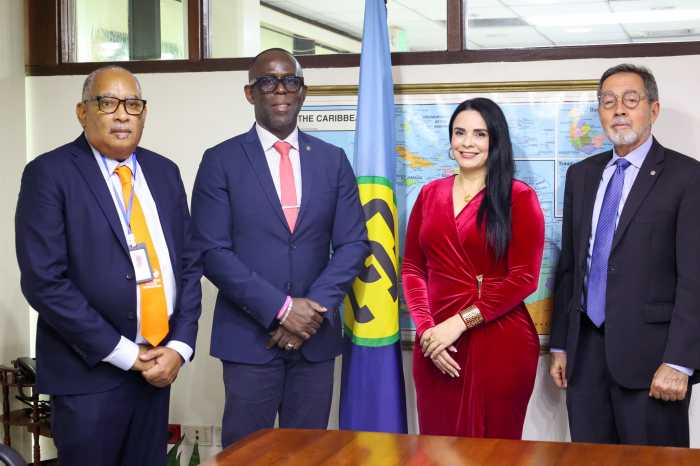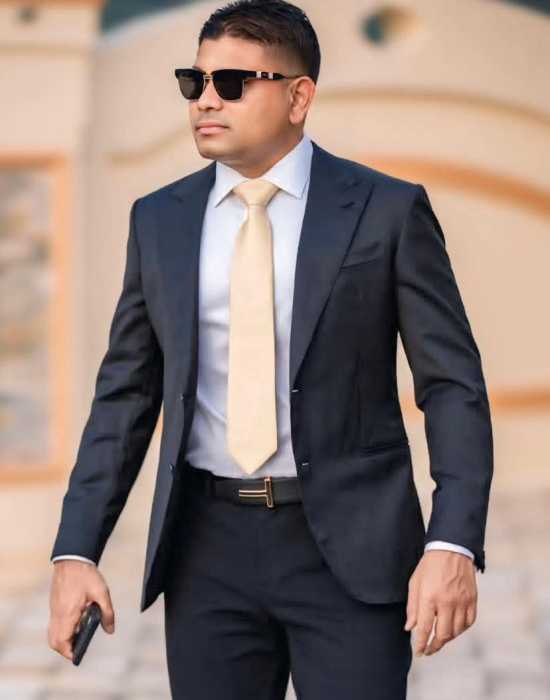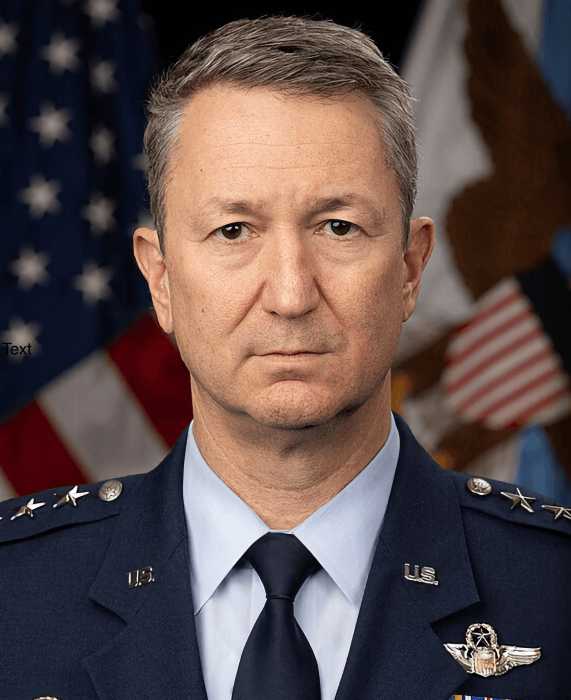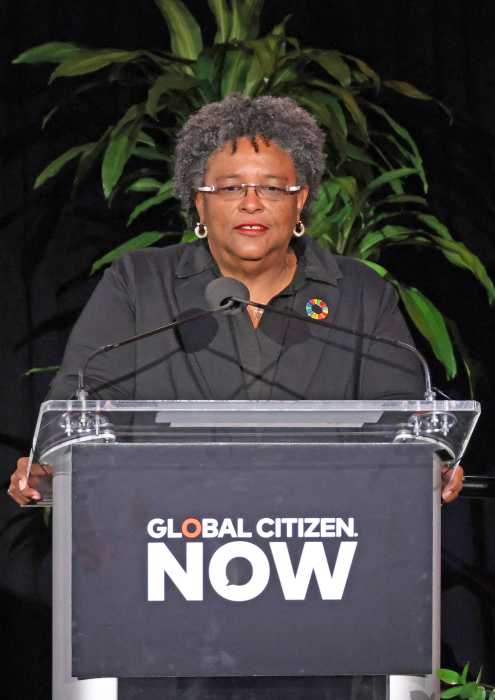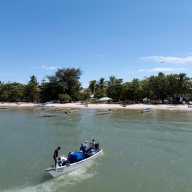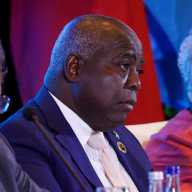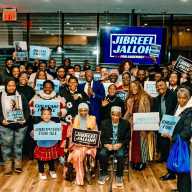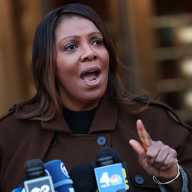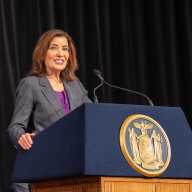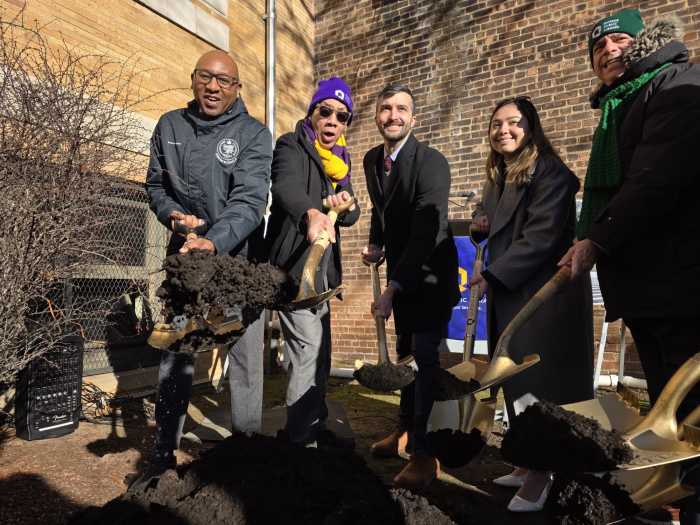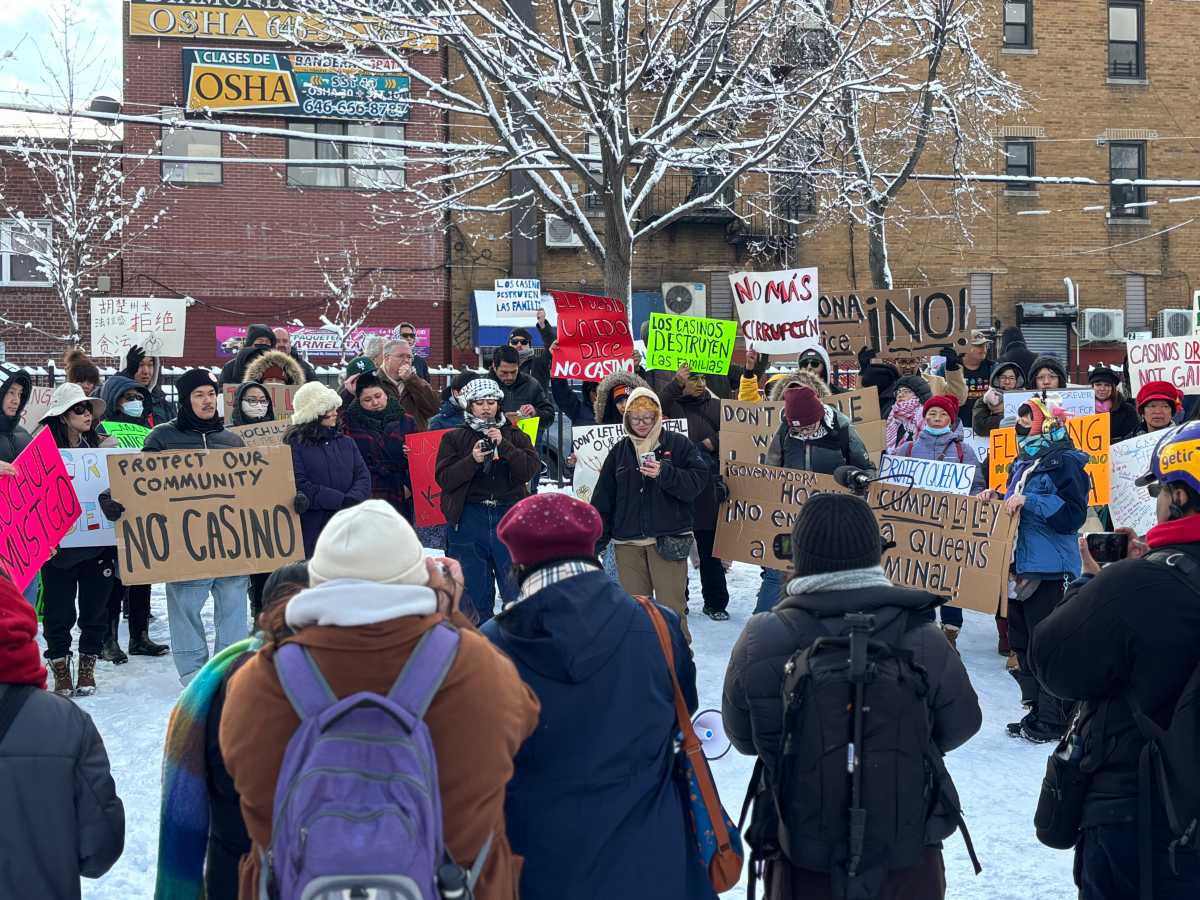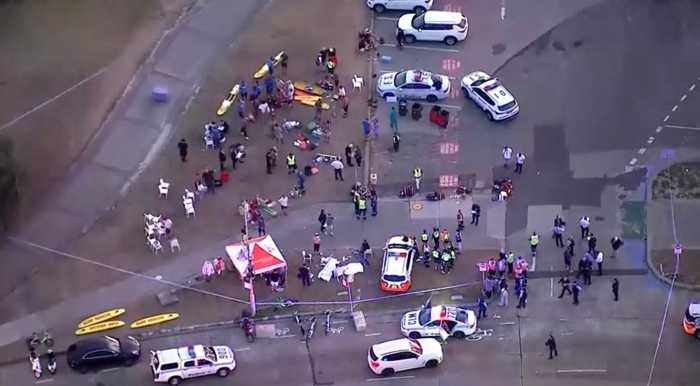“We are a peaceful people…Struggle as we struggle…And we don’t look for trouble…Just ask around,
But when outside faces…From foreign places…Talk about taking over…We ain’t backing down,
We ain’t giving up no mountains…We ain’t giving up no tree…We ain’t giving up no river…That belongs to we; Not one blue saki, Not one rice grain, Not one kuras, Not a blade of grass;
Our fathers came here…And they lived and died here…And we ain’t moving nowhere…Make no mistake”
-Dave Martin, Tradewinds Song, “Not a blade of grass”
Guyana is being tormented by a dictator, who is trying to seize over three quarter of its territory. He is Venezuela’s “President,” Nicholás Maduro. Mainstream media has described him as that despot, especially following his suspension of the recall movement that was directed against him. Following the 2017 Venezuelan Constitutional Assembly election, the United States sanctioned Maduro, freezing his U.S. assets and prohibited him from entering the country, deeming him what he is — “a dictator.”
Maduro manipulated the corrupt Supreme Court, which now systematically bows to him, to bar the opposition coalition from fielding a candidate under its banner, and banned several prominent opposition figures from participating, tactics designed to engineer a second term for him.
While many welcome the United Nations initiative to refer the protracted territorial controversy between Guyana and Venezuela to the International Court of Justice (ICJ or World Court), who will re-adjudicate this long standing international dispute, and determine a binding judicial decree only if Venezuela consents, we are mindful that Maduro will reject, delay and / or undermine this process. International pressure must be brought on Maduro to accept and respect the ICJ’s decision, and previous agreements.
The UN, and Maduro, must be mindful that a quick legal synopsis highlights the fact that Maduro’s claims have no merit, and is an attempt to sabotage the due process of international law. The “full and final” 1899 Arbitral Award kept Guyana intact, and is binding on both parties, and their successors, which includes Maduro. The matter is therefore “res judicata” or judicially settled and completed since 1899 in Guyana’s favor. Indeed, Venezuela had accepted the 1899 award as a final settlement of the border dispute even as late as 1941, when the Venezuelan minister of foreign affairs, Esteban Gil Borges, agreed that the frontier with British Guiana was well defined and was a closed issue.
Venezuela’s belated claim is therefore moot, null and void in law, and cannot be reopened, especially since it waived its rights to any relief therefrom for over 50 years, while Guyana strengthened its prescriptive rights, and it cannot now unilaterally pronounce that the award was “null and void.” Can you imagine our world where centuries old conflicts and rivalries are allowed to be resurrected?
The UN Secretary General may have erred in his decision to send an already adjudicated matter to the World Court, especially since Venezuela’s consent is necessary for their decision to be binding on it. Guyana, like dozens of smaller countries, does not have the military capability nor the war mongering mentality to defend itself or pick fights against international bullies like Venezuela.
Moreover, Venezuela’s belated 1949 claims has its genesis in a dubious memorandum written by Severo Mallet-Prevost, one of the lawyers who presented the Venezuelan case before the arbitral tribunal in 1899, and who claimed that the award, which settled the boundary between Venezuela and Guyana in 1899 was a result of a “political deal” between Great Britain and Russia, where a Russian judge was the chairman of the five-member arbitral tribunal, and was somehow manipulated.
Worse yet, Severo refused to make his memorandum public and instructed that it should not be published until after his death, which belies the accuracy of the document, already bereft of reliability, and compromised by the fact that the most senior lawyer who argued the Venezuelan case, former US President Benjamin Harrison, in none of his writings, mentioned any of the Severo allegations.
Additionally, the 1899 agreement is corroborated by the ratification of the Treaty of Washington back in 1897 by the Venezuelan Congress, and Maduro’s present actions contravene his country’s own legislative history.
These outrageous claims were already rendered moot when Dr. Marcos Falcon Briceno, minister of External Relations of Venezuela, conceded at another meeting of the UN Special Committee on Nov. 12, 1962, that his country was not asking the UN to pass judgement on the substance of his country’s claim, but was merely putting on record the reasons why Venezuela could not recognize the 1899 Award as valid.
The “Geneva Agreement,” the basis of the UN Secretary General’s decision, was hammered out in negotiations on Feb. 16-17, 1966, between Britain, Venezuela and British Guiana, and it basically negated Venezuela’s claim from advancing. Venezuela’s government must have the decency and maturity to accept the 1899 agreement, more so because this course of action was mutually agreed to by both countries, and was already settled by arbitration in Guyana’s favor.
The fact that the Geneva Agreement was signed in February 1966, even before Guyana became independent, further negates Maduro’s claims as an affront to the sanctity of independent nations and emancipated countries. Guyana entered the agreement as a sovereign and independent country alongside the United Kingdom and Venezuela. This case is of paramount importance and international significance, and the future of world peace depends heavily on its outcome.
Maduro’s regime and predecessors have hounded the territorial and sovereign rights of Guyana for too long, increasing their acreage of land with each successive claim. His outrageous claim is only matched by his apparent insanity and greed, and his desperate attempts to deflect his own incompetence while inflicting immense hardships, food shortages, economic recession and poor economic policies on Venezuelans by his regime.
The recent discovery and exploration of more offshore natural resources in commercial oil and gas in Guyana’s territory has only fueled his avarice and illicit devices, contrary to the Geneva Agreement that “no new claim, or enlargement of an existing claim to territorial sovereignty in those territories, shall be asserted while this agreement is in force…”
All Guyanese, the Commonwealth, the Caribbean, the United Nations and all countries, wherever and however situated, who treasure and respect the rule of law, peace and democracy, and the sanctity of all nations, however small or large, must unite and fight Maduro and his demented agenda to steal part of the “Land of Many Waters and Six Peoples.”
The issue is bigger than all of us, and has already been determined in accordance with the dictates of international law and binding arbitration. The ICJ is the foremost forum to adjudicate territorial and maritime issues between nations, and will follow precedent in international law that all countries’ independence and rights must be respected. In any endeavor, Guyana has a winning case, but the Ministry of Foreign Affairs and Guyana’s diplomats will be severely challenged.
Meanwhile, Maduro must provide his suffering masses with the basic necessities of food and water, rather than picking fights and mongering war. Venezuela is now impoverished, despite being a major oil producer, is suffering food and medicine shortages brought on by the recent period of low oil prices, declining production, corruption and economic mismanagement. It is being pillaged by hyperinflation and teetering on the brink of outright default. Maduro’s policies have also increasingly isolated the country internationally, the US and European Union have imposed sanctions on him and his officials, and Washington has unreservedly categorized him a tyrant.
With reference to the tenets of international law, the ICJ can only rule that Venezuela is acting disgracefully, arbitrarily and illegally. If Venezuela and Maduro cannot abide and respect the decision of the World Court, then they must bear the consequences of being deemed thugs and outlaws, and brought into line with international norms and consequences, not least in deeming Maduro a war criminal.
Venezuela’s ousted chief prosecutor, Luisa Ortega, has already called on the International Criminal Court to capture President Nicolas Maduro and charge him for crimes against humanity. After breaking with the Maduro government, she appeared at The Hague where she filed a complaint, based on the 8,290 deaths she says took place between 2015 and 2017 at the hands of officials who received instructions from his government.
Venezuelans must hold him accountable, or send him packing. Maduro, 70 percent of your people want you gone! Although your country has the world’s largest proven oil reserves, with oil and related products constituting three-quarters of Venezuela’s exports to the European Union, you ran Venezuela into the ground. Your constituents crave a better standard of living than another country’s realty. They want food, not land. The writing is on the wall. Simultaneously, Guyana, inside and outside of Guyana, and its allies, will be united against your evil agenda, and will defeat you.
Note: Albert Baldeo is a civil rights activist and community advocate, and his political battles placed previously ignored minority communities like Richmond Hill and Ozone Park firmly on the political and economic map. As the President of the Baldeo Foundation and Liberty Justice Center, he has continued to fight for equal rights, dignity and inclusion in the decision making process. He can be contacted at the Baldeo Foundation: AlBal



